Foreign-made CBD VS Japanese-made CBD
2022.06.20
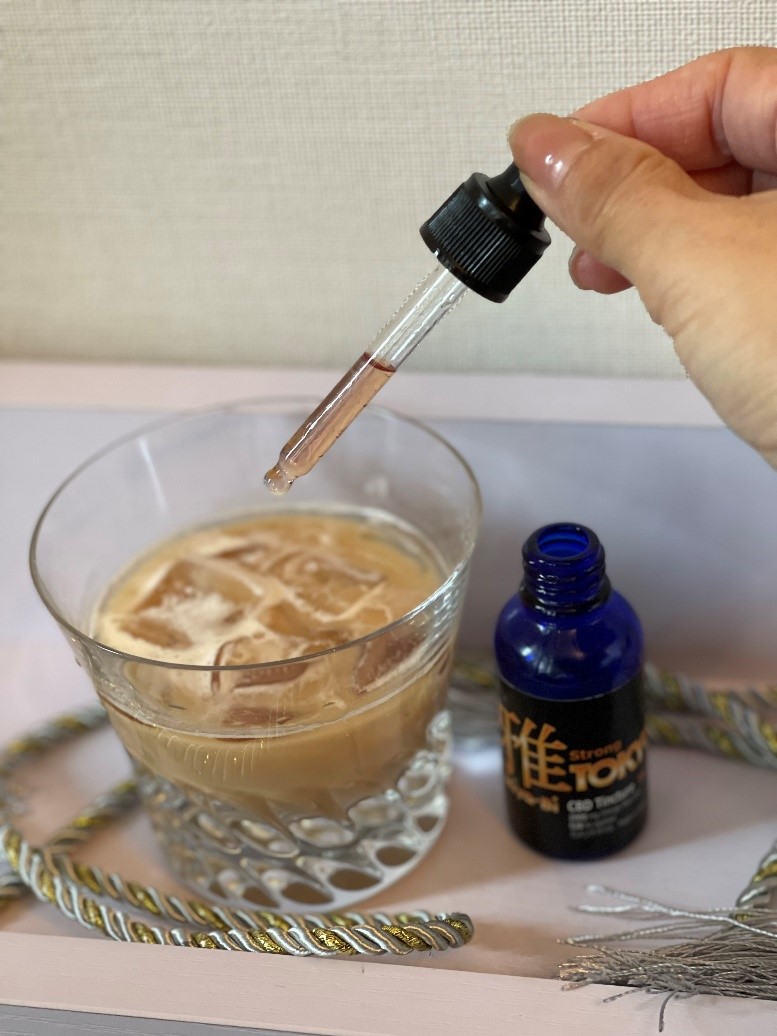
Recently, many people around the world are reflecting on the essential value of life, and are paying more attention than ever before to the things around them, their daily activities, and the physical and mental health of themselves and their families.
Indeed, in this modern, stressful and ever-changing environment, more and more people wish to reconnect with nature to find their inner peace, and it is clear that not only specialists but also the general public are getting more interested again in natural solutions to feel healthy and happy, without having to systematically resort to drugs to treat themselves, especially when it is not “necessary”.
And then, there is the much talked about CBD, which is gaining more and more users!
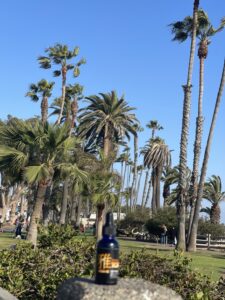
In fact, in the past few years, numerous studies have been published on the effects of CBD in human body, and the increasing number of brands offering CBD oil and other inner or skin care items is the proof of the high level of attention it is receiving!
Consequently, the people who have started using CBD have praised it in their reviews. As a result, recently, there are even more people trying it out, and then, many get hooked as they experienced its benefits.
However, there are some noticeable differences between CBD oils and CBD products in general, especially when it comes to the one imported from overseas.
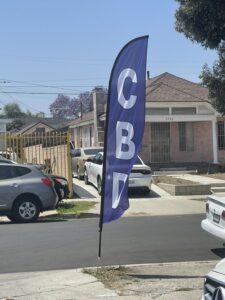
We already mentioned it before in another article, but you need to be careful when choosing CBD products for many reasons!
So let’s try to help you better, first to make the difference between both overseas and Japanese CBD, and then to give you some advice when choosing your products.
As many of you may already know, most of the time when we talk about CBD, we are referring to the one originally extracted from hemp, which is a type of cannabis plant whose possession and cultivation is regulated in Japan under the Cannabis Control Law. Perhaps this is why some people have a negative image of CBD products.
Hemp contains a cannabinoid called THC (cf. previous articles for more details), which has psychoactive properties. And the possession of CBD products containing THC is illegal in Japan.
However, the products with no THC at all are tolerated.
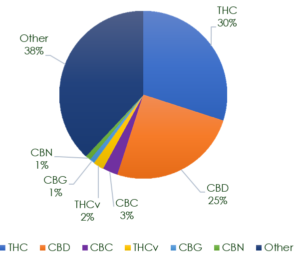
In fact, CBD is classified into 3 types depending on its content:
- CBD isolate
- CBD broad spectrum
- CBD full spectrum
CBD isolates are those in which only CBD is separated from the raw hemp material and crystallized. More than 99% of the crystallized components are CBD, with little or no other components. Other than CBD, less than 1% of the ingredients contain very small amounts of cannabinoids such as CBDV and CBG.
CBD Broad Spectrum and CBD Full Spectrum, on the other hand, are CBDs that are simultaneously extracted from hemp with ingredients other than CBD and are expected to have the anthrage effect described earlier.
CBD Broad Spectrum is the only one from which THC has been removed from the total hemp content. And CBD Full Spectrum is the one that contains all the components of hemp, including THC.
Thus, by definition, CBD Full Spectrum contains THC and is then considered as illegal in Japan.

However, these definitions are actually ambiguous, and as it stands, both overseas and in Japan, CBD Broad Spectrum and CBD Full Spectrum are often sold without clearly distinguishing between the two.
In reality, in some cases, the name “CBD Full Spectrum (THC-free)” is given to the product, making it difficult to tell whether or not THC is actually in the product.
CBD products manufactured in the U.S. and some other foreign countries can use CBD extracted from the whole hemp plant, including its leaves, flowers, stems, and roots.
However, in Japan the law is stricter and CBD that can be imported into Japan must be extracted from the “stems” or “seeds” of mature hemp.
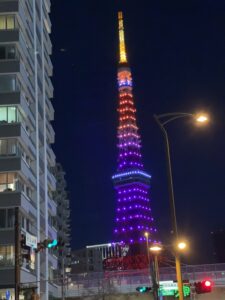
Therefore, not only must the CBD be free of THC, but it must be proven which part of the hemp from which the CBD was extracted before the CBD can be imported.
To import CBD into Japan through legitimate channels, 3 documents must be prepared by the manufacturer and submitted to the Ministry of Health, Labor and Welfare.
Then, in most cases, after imported CBD is commercialized in Japan, it is tested again to confirm that it is THC-free by a Japanese domestic laboratory.
In other words, CBD raw materials and products imported into Japan through legitimate channels must be proven to be THC-free and free of any problems with the parts of hemp used before importation.
So, this why it is said that it is safer to choose CBD products made in Japan, where regulations are much stricter, than the ones made overseas.

Consequently, even if not all foreign-made CBD products contain THC, the risk of problems is probably higher than with Japanese products.
Anyway, when choosing CBD products like oil, the first thing you should check is whether or not “natural“, “organic” or “bio-identical” ingredients are used!
As said earlier, the ingredients of CBD oil and products may vary depending on the country in which it was produced, as different countries have different standards.
So it should be something important to take into consideration before making your choice.
So here are 3 main things we recommend you to pay attention at:
- Opt preferably for organic, natural, or bio-identical CBD
- Preferably produced domestically
- Have a third-party analysis of the ingredients
As a conclusion, no matter how the products, oils (etc.) seem attractive on the package, smell or taste good, it is important to check and eventually give it a try first to see if it’s suit you. Because, if it doesn’t suit your constitution, it’s definitely useless!
Anyway, we hope you will find the perfect CBD oil or product you need for your daily life!
CBD California Trading Company
Contact
For inquiries about products containing CBD (cannabidiol) and
corporate inquiries, click here.